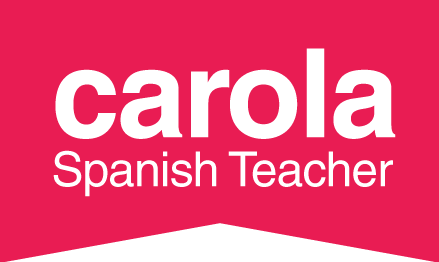Psychological factors:
Motivation: Motivation is key because it keeps you going, even when things get challenging. When you’re motivated, you’re more likely to practice regularly, stay curious, and enjoy the process. It helps you turn learning into a habit, which is one of the biggest secrets to real progress
👉 More motivation = more consistency and a better attitude.
Self-esteem and confidence
Believing in yourself makes a big difference when learning a language. If a student feels confident and trusts that they can learn, they are more likely to succeed. On the other hand, fear of making mistakes or feeling embarrassed often gets in the way—especially when it comes to speaking. Building a safe, supportive environment helps students feel more comfortable and take risks without fear.
Anxiety or stress
Stress can seriously affect how well we learn. When a person is anxious, it’s harder to concentrate, remember new words, or enjoy the class.
In contrast, a calm and relaxed environment makes it much easier to participate, stay focused, and absorb new information naturally.
Attitude toward the language and culture
Having a positive attitude makes a big difference. When students are curious about the Spanish language and culture, they tend to learn faster and enjoy the process more. But if there’s resistance, disinterest, or prejudice, learning becomes slower and less effective. Openness and interest are powerful tools in language learning.
Social factors
- Learning environment
Being in contact with native speakers, attending group classes, and joining real-life activities significantly boosts language practice and confidence. The more natural the exposure, the better. - Support from family or friends
Encouragement from the people around you creates a safe and motivating space. When students feel supported, they’re more likely to stay engaged and keep learning. - Opportunities to practice
Having real situations to use the language—like living in a Spanish-speaking country or needing to communicate in daily life—is essential. Practice in meaningful contexts leads to faster, more lasting progress.
Personal factors
- Age
Adults don’t learn slower than children—they just use different strategies. With the right approach, adult learners can make excellent progress. - Learning style
Everyone learns differently. Some people absorb more through listening, others through writing or speaking. Knowing your preferred style can make learning more effective and enjoyable. - Available time and consistency
Learning a language takes regular, steady practice. It’s not about talent—it’s about consistency, patience, and creating habits that support your learning over time. - Previous experiences
If you’ve learned other languages before, you’re likely to find it easier to pick up a new one. You already know what strategies work for you and how to navigate the learning process.
Educational environment factors
- Teaching method
A dynamic, communicative approach that matches the student’s level tends to be much more effective. It keeps learners engaged and focused on real communication. - Didactic materials
When materials are authentic, varied, and practical, learning becomes more meaningful. Students can better relate what they study to real-life situations. - Teacher
A good teacher creates a safe and supportive environment, knows how to motivate, and adapts lessons to each student’s needs and goals. This personal touch can make a big difference in the learning experience.

